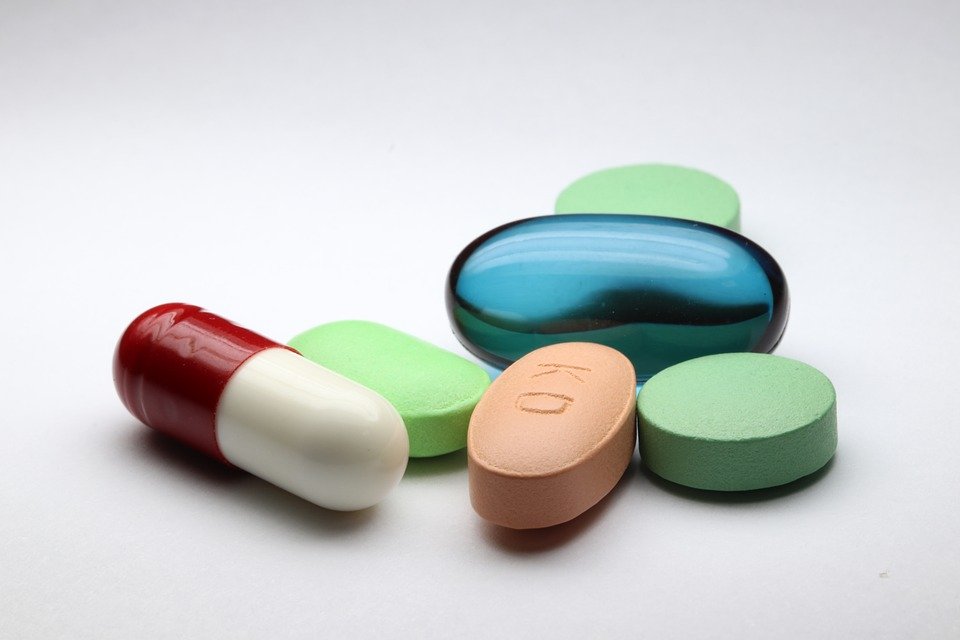Live Well
Medication Adherence

Are You Taking Medication as Prescribed?
Nearly 3 in 5 Americans take at least one daily medication. Unfortunately, many don’t take their medicines properly.
Taking medications as prescribed by your doctor is known as medication adherence. This includes getting your prescriptions filled, taking the medications at the right times and understanding the directions.
Studies have shown that as many as 50 percent of patients don’t take medications for their chronic conditions as prescribed. This includes medications for diabetes and cardiac conditions such as high blood pressure and COPD.
Poor adherence can have many negative consequences. It can interfere with treating diseases, leading to complications from the illness and a lower quality of life for patients. In addition, more than $300 billion of avoidable health care costs have been attributed to medication non-adherence in the U.S.
It’s important to continue taking your medication as directed, even if you feel better and no longer have symptoms. For example, if you have a bacterial infection and you don’t take the full course of antibiotics, some bacteria may still survive. This could cause a new strain of resistant germs to develop.
Here are some tips to help you make sure you take your medications as directed:
- Be sure you understand how long to take the medication. Will you need a refill, or can you stop treatment when the bottle is empty?
- Tell your doctor if paying for prescriptions is a problem. Your doctor may be able to prescribe a generic medication or help you find a drug assistance program.
- Set daily routines to take medication. Connect taking the medication with normal daily routines such as eating or going to bed.
- Keep medications where you’ll notice them. If they must be taken with food, place medications on the dinner table. If medications should be taken in the morning, keep them with your toiletries. Remember, however, that many medications should not be kept in a bathroom.
- Use daily dosing containers. Keep medications in compartments labeled with the days of the week.
- Keep a written or computerized schedule. Include the medications you take, how often you take them and any special directions.
Following these simple steps can help you improve your medication adherence.
